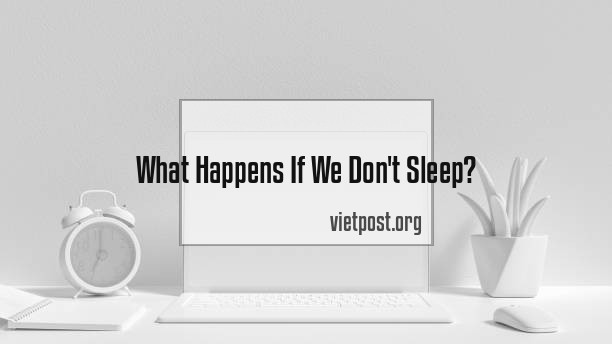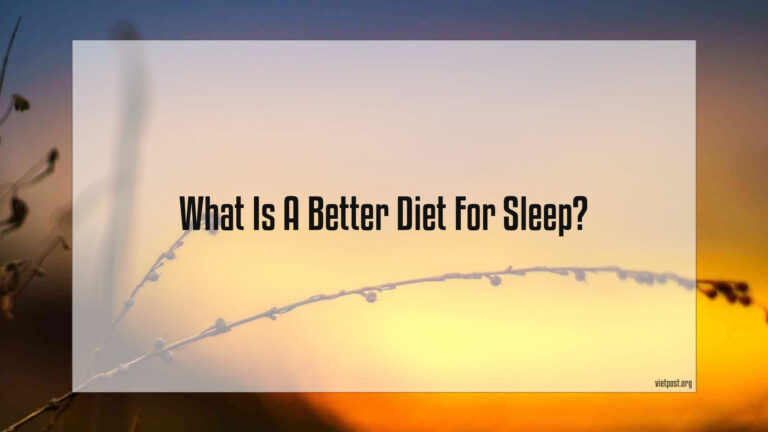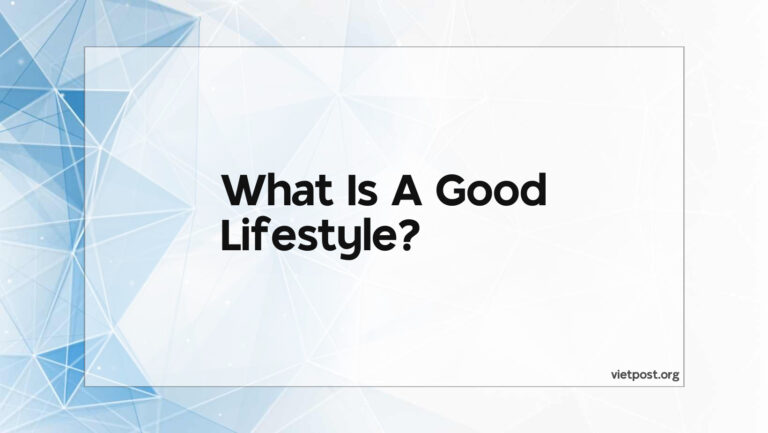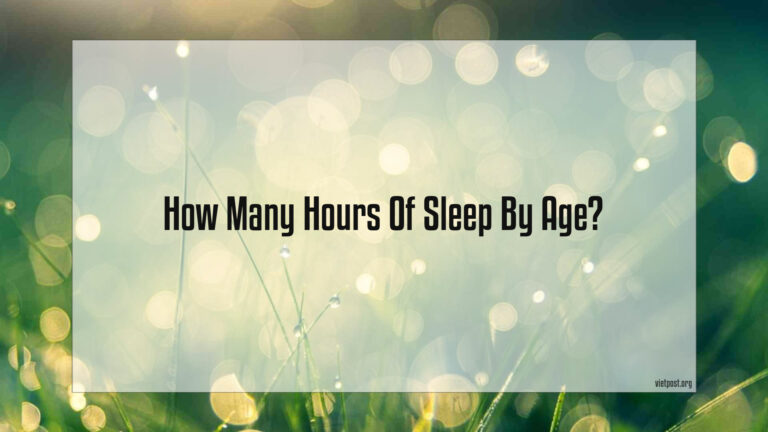What Happens If We Don’t Sleep?
If we don’t sleep, we feel tired and our bodies don’t function as well.
Sleep is essential for our health and well-being, yet many of us don’t get enough. In fact, one in three American adults don’t get the recommended seven or more hours of sleep per night, according to the Centers for Disease Control and Prevention (CDC).
The consequences of skimping on sleep can be serious. A lack of sleep can contribute to weight gain, heart disease, high blood pressure, diabetes, and stroke. It can also affect your mood, leading to irritability, anxiety, and depression.
In the short term, not getting enough sleep can impair your ability to concentrate and make decisions. It can also make you more accident-prone. Drowsy driving is a major cause of car accidents, and studies have shown that people who don’t get enough sleep are more likely to get into accidents at work.
If you’re not getting enough sleep, there are things you can do to improve the situation. Make sure your bedroom is dark, quiet, and cool. Establish a regular sleep schedule and stick to it as much as possible. Avoid caffeine and alcohol before bed, and create a relaxing bedtime routine. If you’re still having trouble sleeping, talk to your doctor.
What Are The Consequences Of Not Sleeping?
If you do not sleep, you will feel tired and your body will not function as well as it should.

We all know what it feels like to be tired. You may have trouble concentrating, your patience wears thin, and you may even get cranky. While being tired occasionally is no big deal, chronic sleep deprivation can have serious consequences.
The National Sleep Foundation report that 60% of adults have driven while drowsy, and one-third have nodded off behind the wheel. Drowsy driving is responsible for more than 100,000 car accidents and 1,550 fatalities each year in the United States.
But car accidents aren’t the only thing you have to worry about when you don’t get enough sleep. Sleep deprivation can also lead to:
Weight gain. When you’re tired, you may be more likely to crave high-fat, high-calorie foods. You may also eat more because you have more time to eat when you’re not sleeping.
When you’re tired, you may be more likely to crave high-fat, high-calorie foods. You may also eat more because you have more time to eat when you’re not sleeping. Poor decision making. Sleep deprivation can impair your ability to make decisions and solve problems.
Sleep deprivation can impair your ability to make decisions and solve problems. Memory problems. A lack of sleep can make it difficult to remember things.
A lack of sleep can make it difficult to remember things. Moodiness. You may find yourself feeling irritable, anxious, or depressed when you don’t get enough sleep.
You may find yourself feeling irritable, anxious, or depressed when you don’t get enough sleep. Increased stress. Not getting enough sleep can increase your levels of the stress hormone cortisol.
Not getting enough sleep can increase your levels of the stress hormone cortisol. Weakened immune system. A lack of sleep can make you more susceptible to illness.
A lack of sleep can make you more susceptible to illness. High blood pressure. Sleep deprivation can lead to an increase in blood pressure.
Sleep deprivation can lead to an increase in blood pressure. Increased risk of diabetes. Studies have shown that people who don’t get enough sleep are at a higher risk of developing type 2 diabetes.
If you’re not getting enough sleep, it’s important to make some changes. Start by going to bed and waking up at the same time each day. Make sure your bedroom is dark, quiet, and cool. Avoid caffeine and alcohol before bed, and create a relaxing bedtime routine. If you’re still having trouble sleeping, talk to your doctor.
What Happens To Our Brain When We Don’t Sleep?
We can’t focus, we’re irritable, and our memory suffers.
It’s no secret that a good night’s sleep
Is crucial for our physical and mental health. But what happens to our brain when we don’t sleep?
It’s well-known that sleep deprivation can lead to irritability, lack of focus, and even hallucinations. But
What’s actually going on inside our brains when we don’t get enough shut-eye?
Here’s a look at what happens to our brain when we don’t sleep.
When we’re sleep-deprived, our brain has a harder time functioning properly. One of the first things to go is our short-term memory.
Without enough sleep, our brain has trouble storing new information and retaining old information. This is because sleep is essential for consolidating memories.
In addition to affecting our memory, sleep deprivation also takes a toll on our ability to focus and pay attention.
When we’re tired, it’s harder to filter out distractions and our minds are more likely to wander. This can make it difficult to pay attention to tasks, both simple and complex.
Over time, chronic sleep deprivation can lead to more serious problems.
studies have linked sleep deprivation to an increased risk of developing dementia and Alzheimer’s disease. This is because sleep plays an important role in clearing out toxins from the brain.
In fact, sleep deprivation has also been linked to an increased risk of psychiatric disorders, such as depression and anxiety.
So,
What can you do to make sure you’re getting enough sleep?
For starters, aim for seven to eight hours of sleep each night. And if you’re having trouble falling asleep or staying asleep, talk to your doctor. There are many potential treatments for insomnia, ranging from simple lifestyle changes to medication.
Getting enough sleep is crucial for our overall health and well-being. So, if you’re not getting enough shut-eye, make sure to talk to your doctor and take steps to improve your sleep habits.
FAQ
How Does Not Sleeping Affect Our Health?
What Are The Short-term And Long-term Effects Of Not Sleeping?
Hopefully, you are clear now on what happens if we don’t sleep. If you still have any questions, feel free to comment below.







